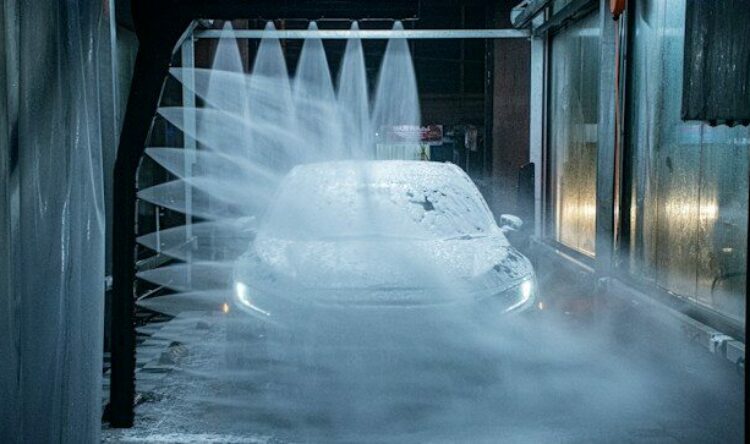Damage delays damage your wallet
Failing to repair vehicle problems costs more in the long run
Driving on with damage to vehicles is costing motorists £10.7 billion in repairs. These are the conclusions of a new study by Churchill Motor Insurance.
- Over 19 million drivers have not repaired damage to their vehicles for more than a month
- Drivers are most likely to hold off on bodywork repairs, but nearly six million have delayed repairing brakes
- Two-thirds of mechanics say they see cars every week where repairs have been left too long
- Ignoring minor issues can cost drivers up to £5,000
Millions of drivers, millions of pounds
The new research reveals that over the past five years 19.2 million drivers (46%) have ignored necessary repairs to their vehicles for more than a month, costing them an average of £560 – the equivalent of £10.7 billion.
A third of drivers (13 million or 32%) admitted to leaving damage to bodywork for more than a month, with five million not repairing it for more than a year.
Alarmingly, it’s not just cosmetic issues being left – nearly six million have waited to sort out problems with their brakes and the average time taken to repair the issue was over two-and-a-half months.
Mechanic knows best
Further research with mechanics2 revealed motorists knowingly driving with damage is an issue they deal with regularly – two-thirds (67%) of those questioned said they repair vehicles every week where the issue has been left longer than it should have been. Two out of five (45%) say it’s a daily occurrence.
The main reason for driving with damage is that motorists believe the issue is only cosmetic, while a fifth ignore these issues because they know they can get away with it. Around 19 per cent say they cannot afford repairs, while lockdown and a lack of time were also contributing factors.
The top five reasons for driving with damage
| Reason for not tending to the issue | Share of drivers who waited over a month to repair damage |
| The problem was only cosmetic | 33 per cent |
| I knew I could get away with driving it despite the damage | 20 per cent |
| I couldn’t afford fix it | 19 per cent |
| I’ve not been using my car as much during lockdown | 14 per cent |
| I didn’t have time to get the problem fixed | 14 per cent |
Source: Churchill Motor Insurance 2021
Short-term gain, long-term pain
Nicholas Mantel, Head of Motor Insurance for Churchill, said: “We understand the reasons drivers do not immediately get bumps and scrapes to bodywork repaired as they are probably seen as minor issues and can be expensive to repair. However, minor issues can quickly become major if they are not dealt with. Engine noises which could be sorted out with a £10 engine oil replacement could amount to needing a new engine, costing thousands if ignored for too long for example.
“The research also highlights how drivers are not taking problems with car brakes seriously. Brake failure can lead to road traffic accidents and drivers are putting themselves and the public at high risk. While we sympathise with car owners, we recommend tending to even the small issues as quickly as possible, not only to save money and avoid a bigger bill in the future, but also to avoid road accidents or injury.”
How bad could it get?3
| Type of repair | Estimated cost to have it fixed straight away | Potential cost if the repair is delayed |
| Hand brake sticking | £100 | £324 |
| Paint damage | £15 | £102 |
| Engine noises | £10 | £5,000 |
| Windscreen crack | £189 | £250 |
| Wheel bearing | £300 | £800 |
| Brake pads | £252 | £450 |
| Overheating | £60 | £1,000 |
| Low tyre pressure | £2 | £100 |
| Slow punctures | £100 | £900 |
Source: Churchill Motor Insurance 2021
Mechanics in Leicester, Newcastle and Bristol cited the highest volume of possible long-term issues with half of the garages contacted in the cities saying they see cars with repairs that have been left too long every single day.






